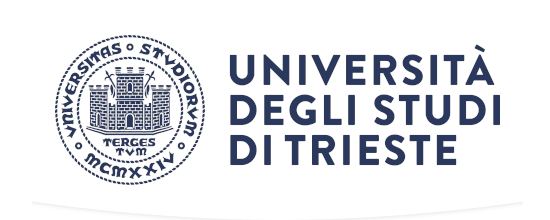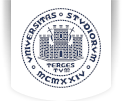With reference to the European context, the five-year Master Degree Course in Architecture aims to train a professional figure able to deal with the complex problems characterizing a contemporary architect’s activity.
The Master course proposes a theoretical-critical approach. The need to understand, process, apply, coordinate, and verify techniques related to different disciplinary fields invites to put the architectural project in the frame of a close synergy with practices and tools referring both to urban, territorial and landscape planning, and to the assessment of technical and economic feasibility.
The first 4 years of studies guarantee:
- the knowledge and understanding of architectures, of their logical-formal, compositional, expressive-typological-distributive, structural, constructive, technological aspects, as well as of their relations to historical, physical, and environmental contexts;
- the knowledge, survey and understanding of urban and territorial contexts, of their physical-spatial and organizational features, geo-morphological, environmental and man-made components, historical and socio-economic transformations;
- the knowledge and understanding of a building, in relation to its origins and historical transformations, as well as the ability to develop a technical survey of its construction elements and materials, and of the static setting of its structures;
- the knowledge of architectural and urban planning approaches and tools, as well as of their technical/technological, administrative and implementation/management aspects;
- the knowledge of approaches and techniques aimed to slow down the processes of physical-material decay and structural instability of architectural artefacts, and the elimination or reduction of their causes; the knowledge of their technical/technological, administrative and implementation/management aspects.
During the first 4 years of studies, design experiences play a major role. Since the first year, they find their focus in the Architectural Design Workshops: in both semesters, they combine and integrate different disciplines. Across the years their topics grow more complex, from detached houses to large building structures, from new architectures to the redesign and the restoration of existing ones.The first 4 years also include 2 Architecture Construction Workshops and 2 Urban Planning Workshops. They support and integrate the Architectural Design Workshops, in order to alternate the in-depth analysis of architectural, urban and territorial scales.
Integrated Design Workshops are planned as well. They provide a further design experience, concentrated in time and scheduled at the end of the summer exam session. Their aim is to extend the educational offer, also involving visiting professors, and giving the course a more professionalizing character. Integrated Design Workshops are held in agreement with the Faculty of Architecture of the University of Ljubljana.
The educational framework is completed by mono-disciplinary Courses, providing the knowledge necessary to deal with the issues developed by Design Workshops. Among the others: History of architecture and of contemporary architecture, History of the city and of the territory, History of contemporary art, Theory and urban space planning, Economic and appraisal elements and Urban economy, Advanced techniques of representation.
The 5th year of studies is organized in a different way, in order to give a conclusion to the training course. Students can choose between two types of Integrated Design Workshops, stretching across the whole year: one focusing on the architectural scale; the other on the urban and territorial scale. Each Laboratory is divided into 2 main characterizing courses, held by tenured teachers, and by 2 additional modules - that are included among the other training activities - held by contract teachers coming from the professional world (Integrated Architecture and Construction Design Workshop; Integrated city, territory and landscape design Workshop). Within Integrated Design Workshops students can plan and start their final test.
The 5th year also includes 3 Courses: Economic assessment of plans and projects, Design theories, Industrial design. Opening up to inter-disciplinary work, they are meant to provide the students with additional competences and tools to follow the Integrated Design Workshops that develop their final test.
Finally, the educational framework is completed by: free-choice Courses (starting from the 2nd year); Design internship (starting from the 4th year); the final test.


